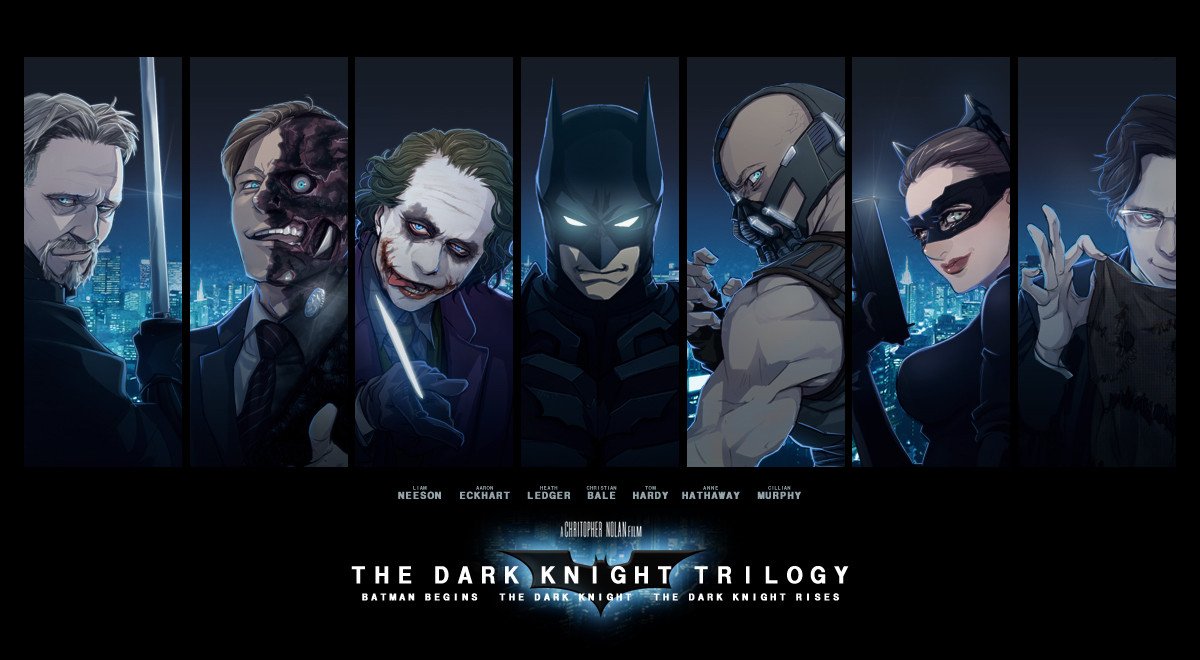

Christopher Nolan's Dark Knight Trilogy is the most thematically rich and intellectually dense comic book movie series ever made. There are so many intricacies to the films that combine to tell a grand story. In this article, I try to dissect those intricacies, and take a look at what make it so great. The trilogy has two main interwoven storylines: The salvation of Gotham City, and the salvation of Bruce Wayne. These are two concepts that both have their basis in the night Bruce Wayne's parents were murdered. There is a certain poeticism that this is a city so corrupt and degraded that it needed a hero like Batman, and it was only because it was like so that Bruce's parents were killed. It is as if the city had sunk so low, eventually something had to happen that was so terrible it could sling it in the opposite direction. That terrible night, the city gave birth to its own savior. This is what Batman is about, and it is the first topic that Nolan's series tackles: The salvation of the city. But so many people forget, there were two things that were set into motion that night. This would lead to the salvation of Gotham. But what about what it did to Bruce? May he only save the city at the cost of his own soul, by becoming a terrible, gothic figure shrouded in darkness? May he himself ever have anything of but a life as a wraith? It is a question that the modern day comics dare not answer. Because if they did, the story would be over. Nolan, however, sought to answer it. Nolan wanted to tell the complete story of Batman, from the beginning of his career to its end. With seven decades years of comic books telling the story, Nolan wanted to, in his own small trilogy; to tell the first onscreen version of that story that had a beginning, a middle, and an end.
2005
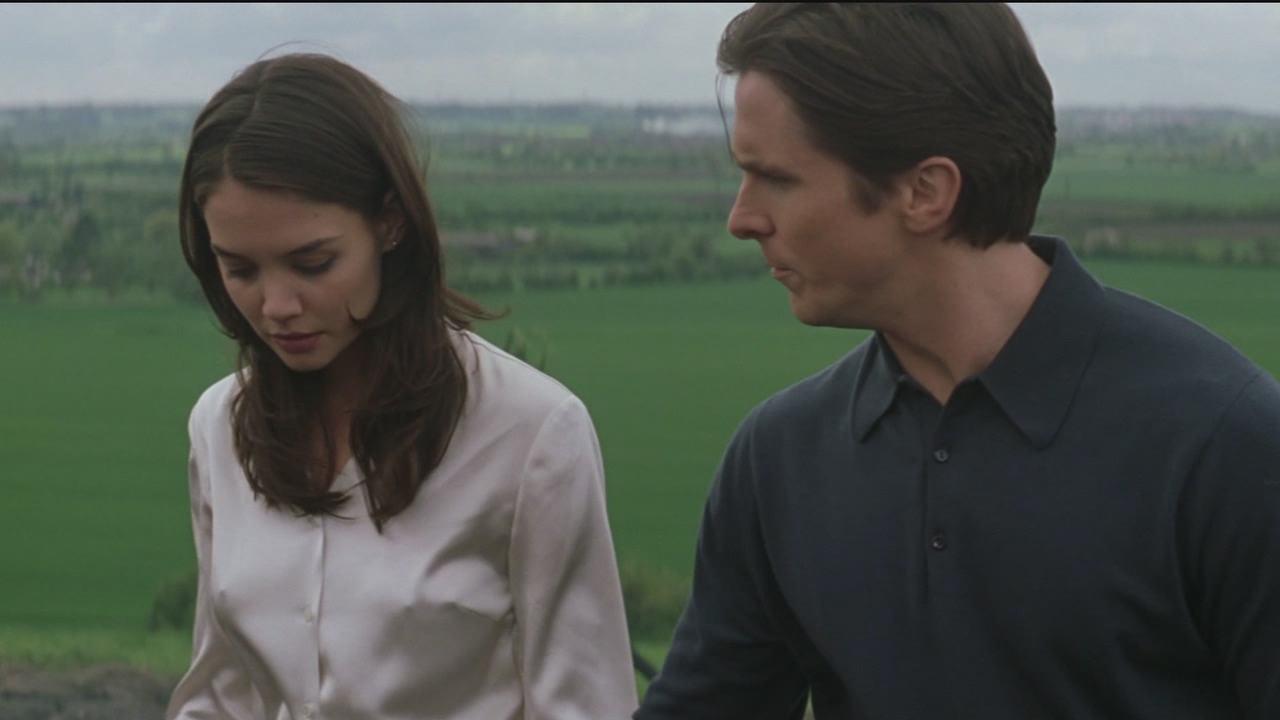
2005
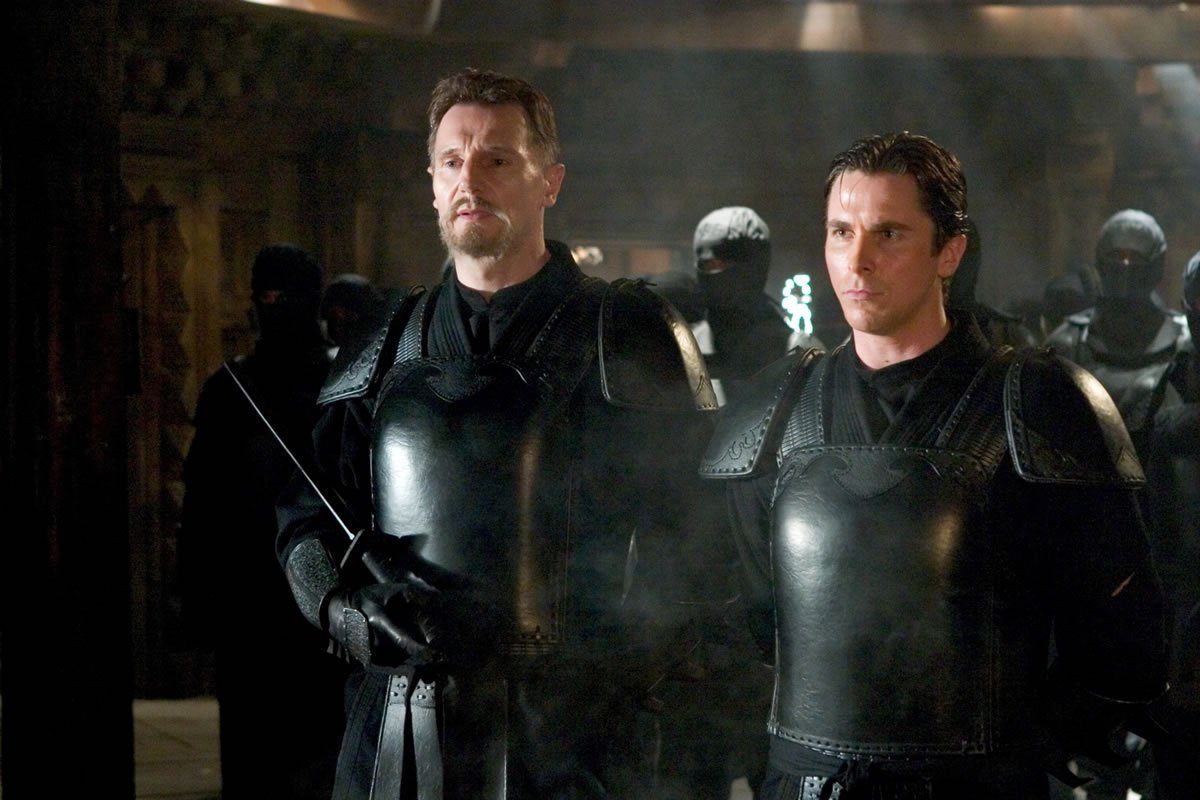
2005

2005
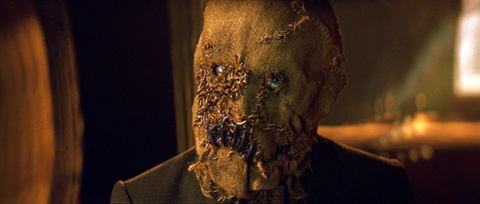
2005

2008
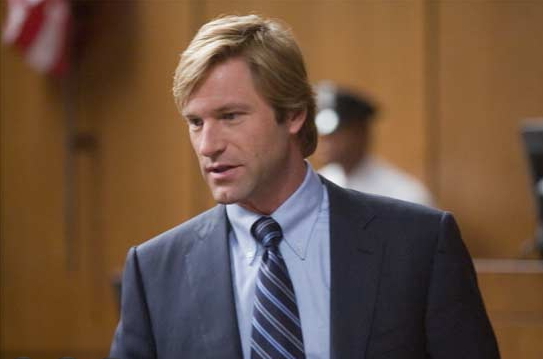
2008

2008
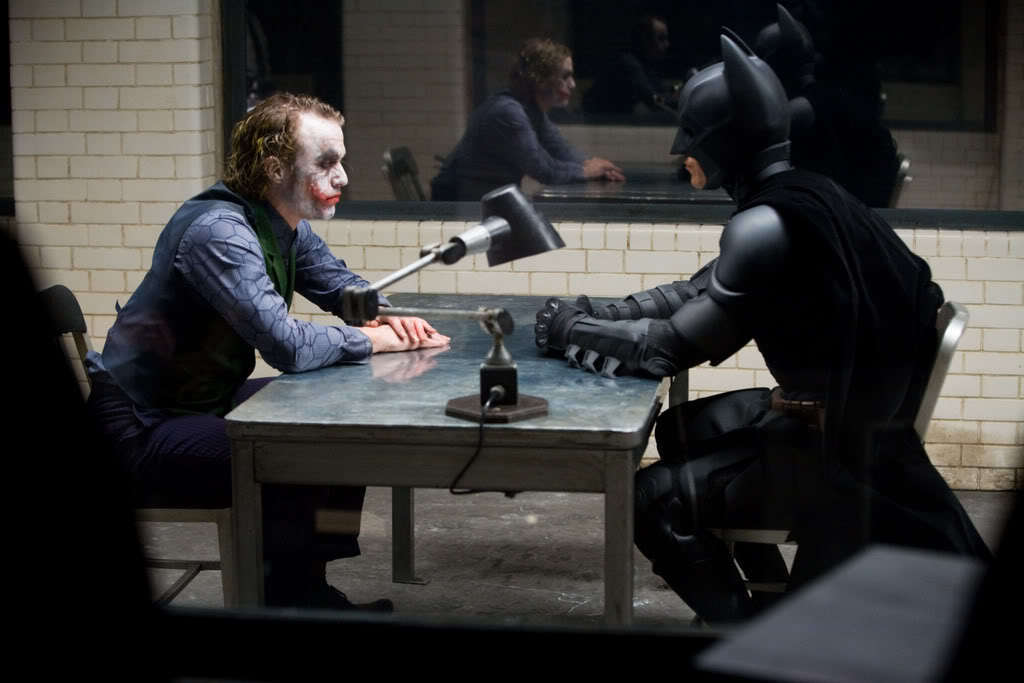
2008

2008
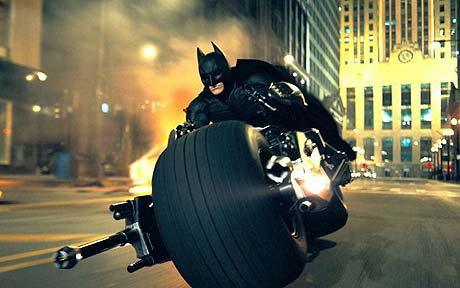
2012

2012
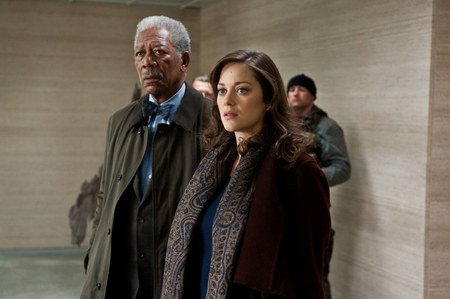
2012

2012
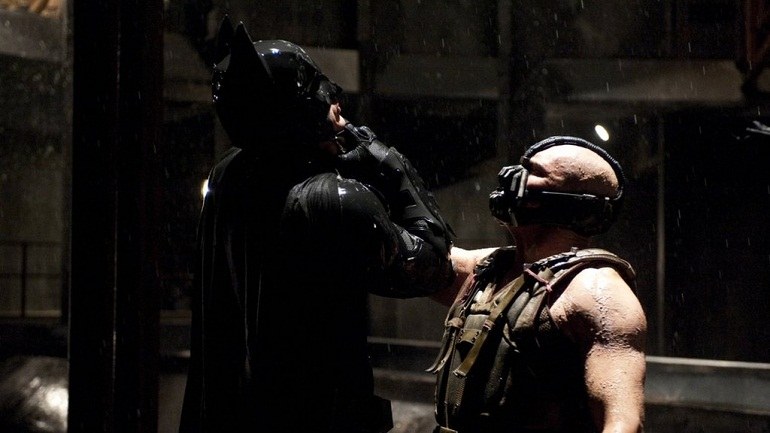
2012

2012
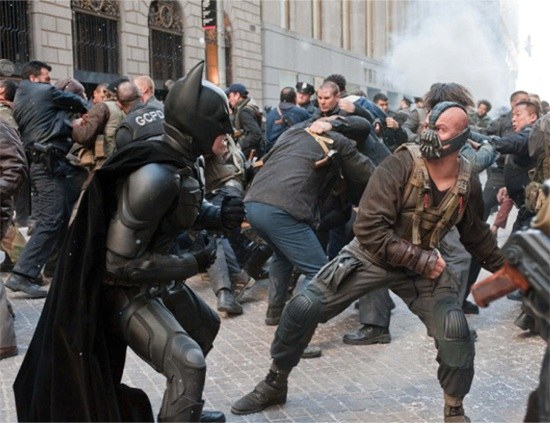
2012
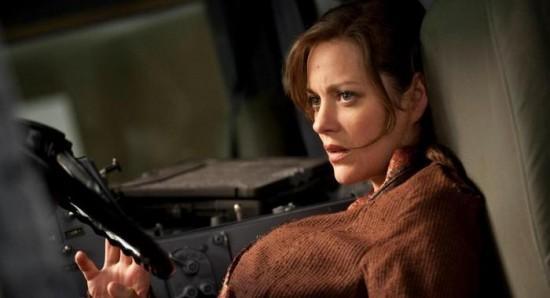
2012












